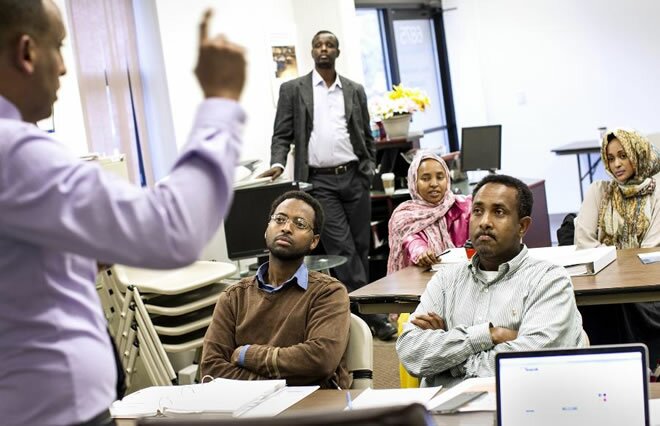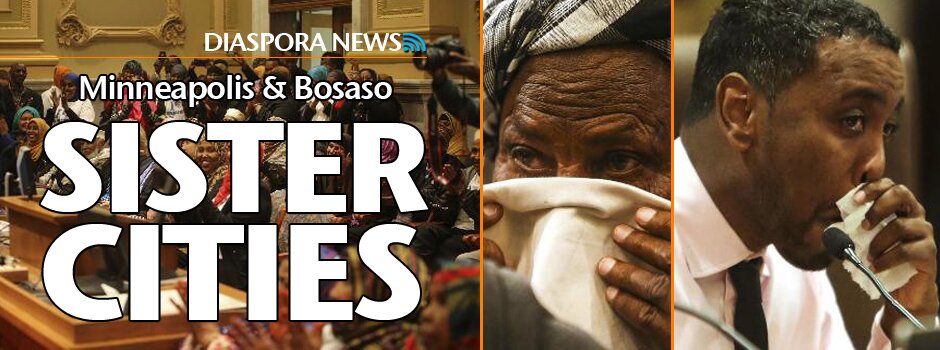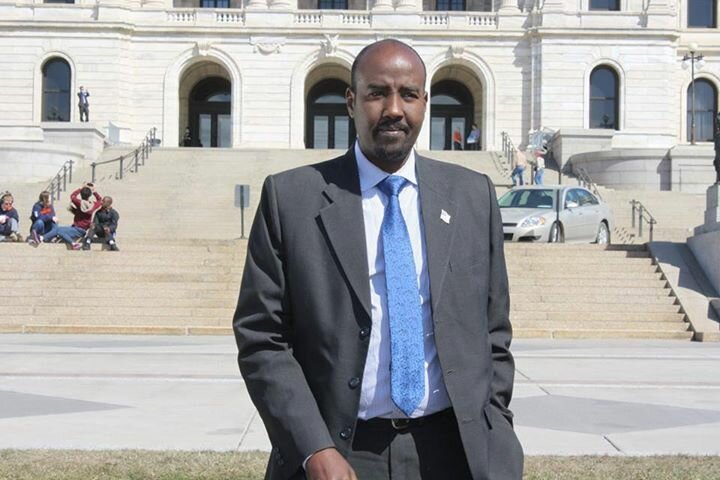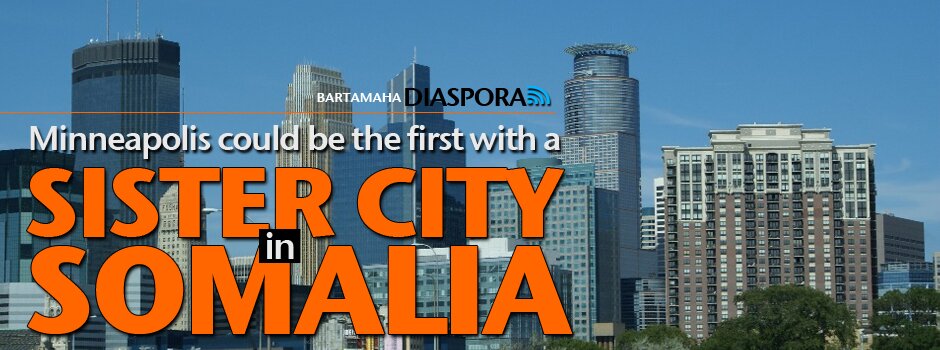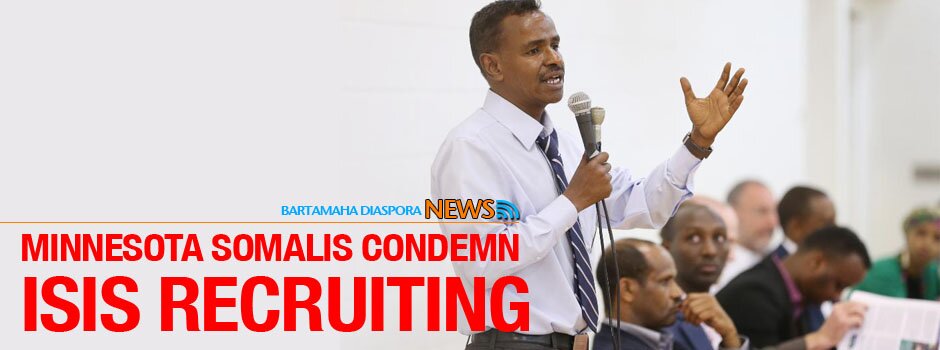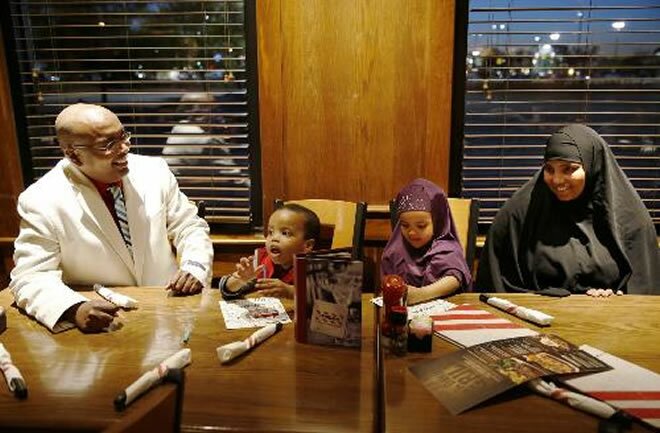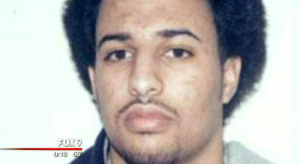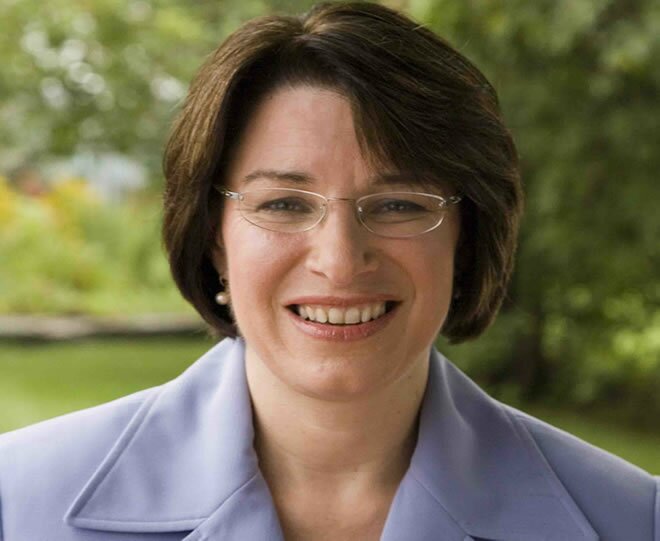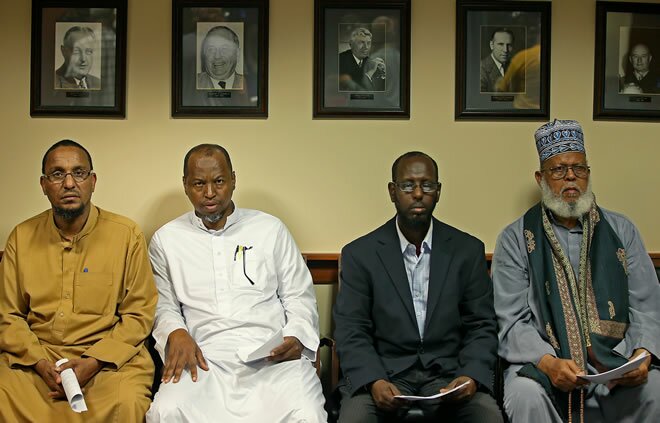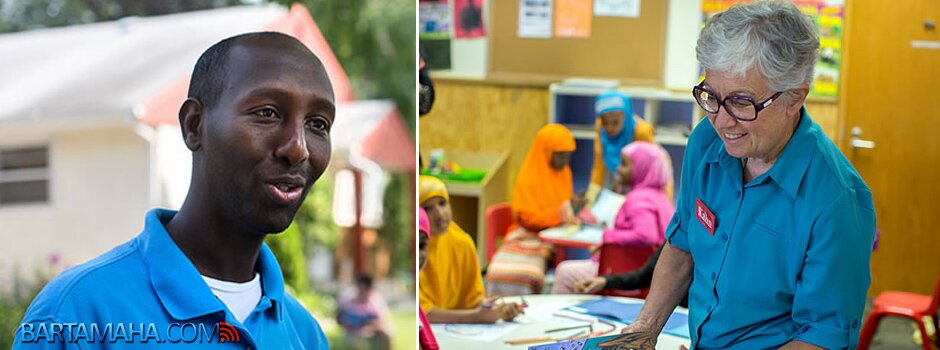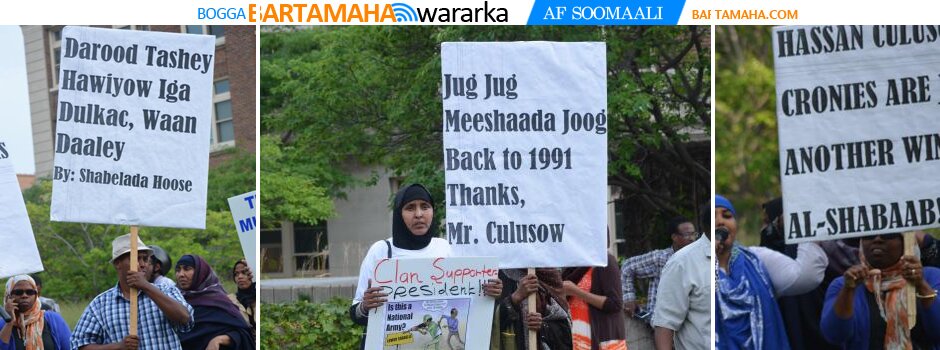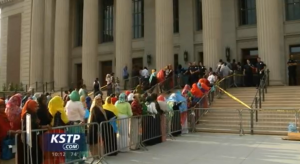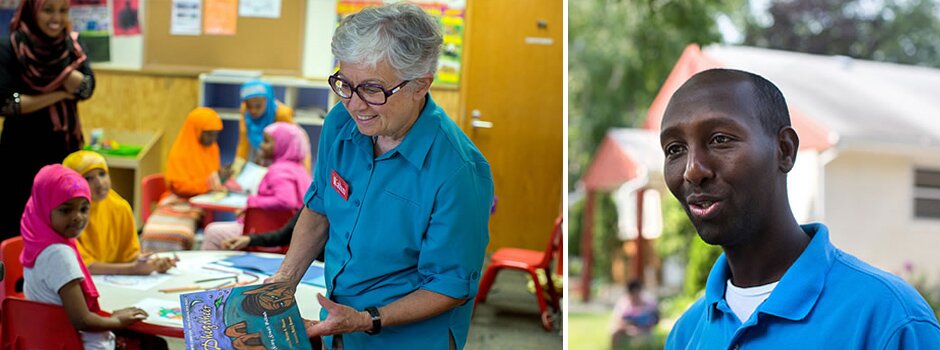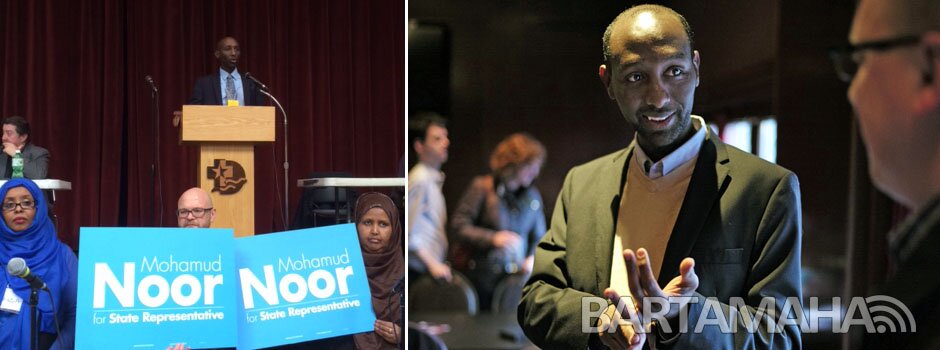An unusual get-together: Swedish and Somali Minnesotans explore common links
MinnPost — It seems like a strange idea: get a group of about 85 Somali and Swedish Americans together, mix them up at different tables, and ask them to talk about their communities, their immigration experiences and their identity as an American with deep cultural roots.
On the surface, you might not expect that the two groups would have a lot in common. Swedes have been in Minnesota for more than a century, and today’s descendants of early immigrants don’t struggle with the kind of language or cultural challenges that many do in the Twin Cities’ Somali community do. Since the early 1990s, the metro area has become home to one of the largest concentrations of Somalis in the United States.
But it wasn’t always easy for Swedish immigrants, either, William Beyer of the American Swedish Institute said during his introduction to Saturday’s dialogue. During the 19th century, “it’s only a slight exaggeration to say that you needed to know Swedish to do business on Payne Avenue in St. Paul or in the Cedar-Riverside area.”
And when Swedes first arrived in Minnesota — many from rural backgrounds — they faced the same issues that are common to all immigrants. They arrived without English skills and without jobs. “Dumb Swedes” was a common epithet.
And above all, they dealt with the challenge of trying to fit into their new home while still retaining their Swedish identity, in the process leaving their mark on Minnesota. Their food worked its way into the local fare, Beyer said, “just like there are foods from East Africa at many stores here.”
They brought their values to Minnesota, including cultural traits that were sometimes misunderstood by others. For example, Beyer said, Swedes have “a measured hospitality that sometimes looks like you’re unfriendly. But it’s not unfriendly; it’s careful. You don’t want to impose.”
The African Development Center co-sponsored the dialogue, along with the American Swedish Institute. Hussein Samatar, ADC founder and executive director, said it had never occurred to him that more than 100 years ago, Swedish immigrants were dealing with the same problems, and he found the realization comforting. “With the issues Somalis have, I see a light at the end of the tunnel,” he said.
The idea for the dialogue came up through the work of Benny Carlson, an economics professor at Lund University in Sweden. Somali immigrants in Sweden are having a tough time adapting, Carlson told MinnPost, and their unemployment level is very high. So, when he heard from one of his students that Minnesota had a very dynamic Somali community, he decided to come investigate and see what lessons he could bring back to his home country.
He wound up writing a book in Swedish about what he learned here. “It showed there was some alternative, that Somalis do not have to get into a dead end in modern industrial service society,” he said. “It changed the way people look at them in Sweden a bit and there’s also been interest in Norway and Denmark.”
Samatar wound up traveling to Sweden to visit Somali communities there with Carlson. Somewhere along the line, the idea came up to bring Somali and Swedish Americans in Minnesota together to promote further understandings and deepen the relationships here.
The African Development Center and the American Swedish Institute hope Saturday’s event was just the first of what will become a series.
“It’s not presentations that are so important,” Carlson said, “but discussions among ordinary people.”
Comments
comments
 Calendar
Calendar










